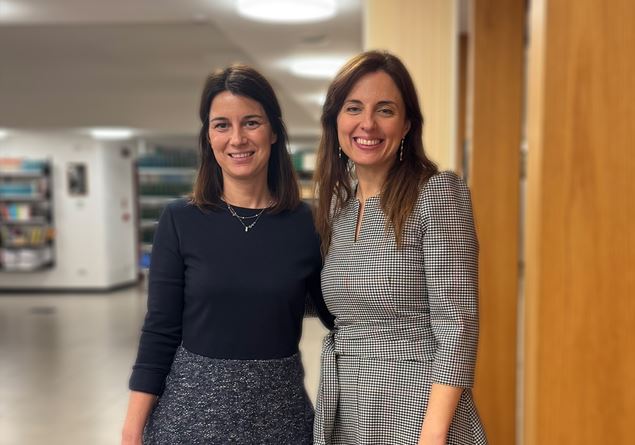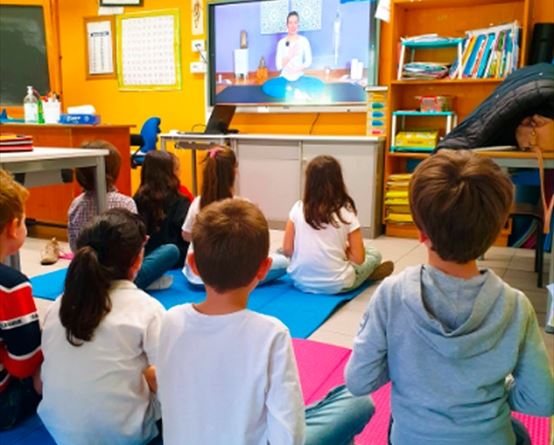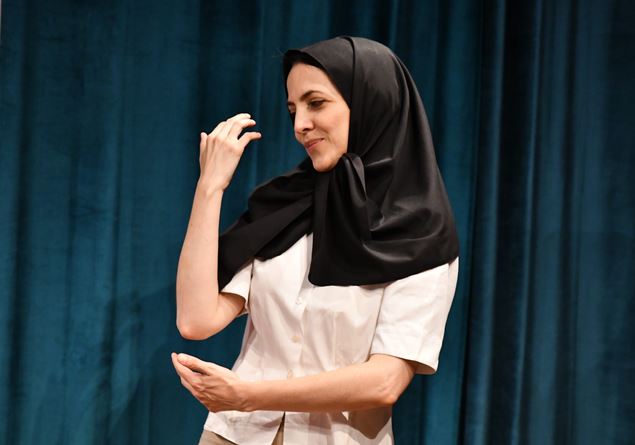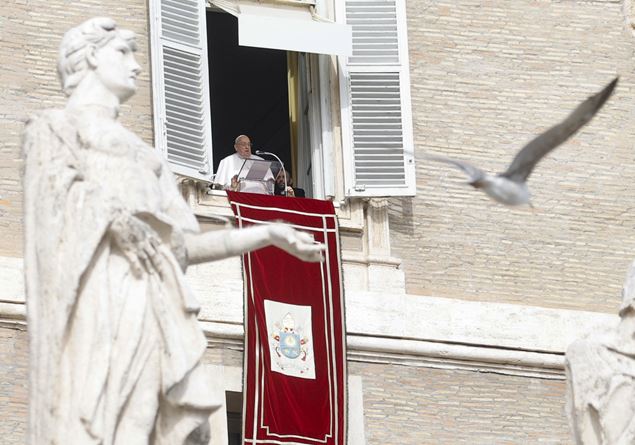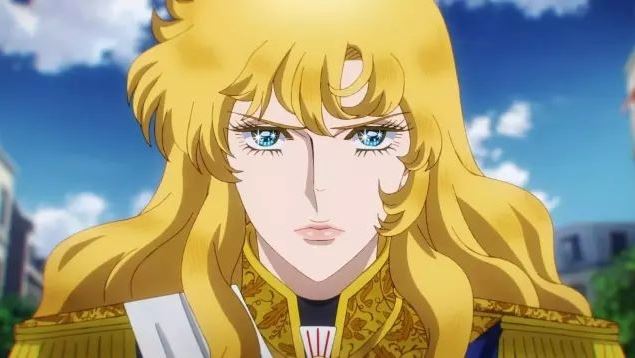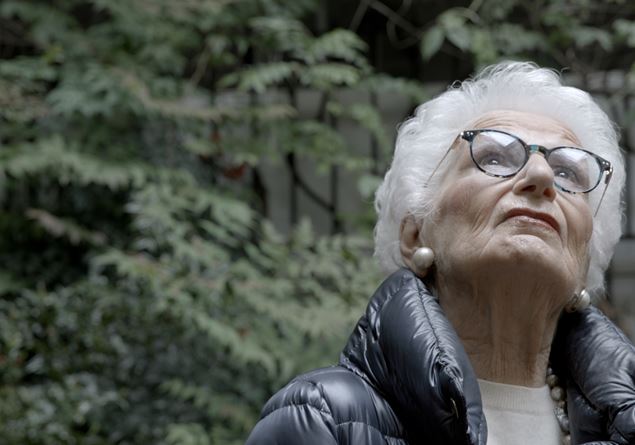
From left, Luciano Belli Paci, Liliana Segre, Federica Belli Paci, Alberto Belli Paci, in a scene from the documentary “Liliana” by Ruggero Gabbai
Becoming a witness to the Shoah was not an easy choice for Liliana Segre. Just as it wasn’t for his three children to grow up with two “survivor” parents. The documentary Liliana dthe Ruggero Gabbai, presented at the Rome Film Festival, in theaters at the Teatro Dal Verme in Milan on 12 November and destined for a television broadcast on Rai, focuses in particular on this aspect for the first time: how it affected the lives of the three children (and subsequently of the three grandchildren) the awareness that their mother had suffered such an unspeakable horror, how much of that trauma was also engraved on their skin, like that number tattooed on their arm which for many years of their childhood was something mysterious about which they only knew that “they had done it to the mother of bad men.”
Liliana Segre’s two sons, Alberto and Luciano Belli Paci, agreed to talk to us about their experience. We met them at two different times, because their story is different, their human journey is different, even if many of their memories are similar. «I am the eldest son, and I am named after my grandfather who died in Auschwitz», begins Alberto Belli Paci, «and who I heard my mother talk about as a special, sensitive, elegant, refined man. The two of them had lived in symbiosis, because my grandmother Lucia Foligno had died when Liliana was only 11 months old. And they had separated with one last look after arriving in Auschwitz: but I discovered this later. But as a child I felt the expectation of having to be worthy of the name I bore.”
Liliana Segre had met her future husband, the lawyer Alfredo Belli Paci, on the beach in Pesaro when she was on holiday with her maternal grandmother. He too bore the marks of the prison camps, where he had been deported for having refused, as an officer of the Italian Army, to fight with the Nazis after the armistice. They fell in love and got married in 1951. «For my father, protecting my mother was the priority», continues Alberto. «There was an almost military order in the house, my father was very strict, and woe betide me if I said too many words, or if I complained about a small accident; in his eyes everything seemed like a trifle compared to what my mother had suffered, even though I was just a child and didn’t understand. On the occasion of the documentary, we three brothers discussed a lot. When I was born, only 8 years had passed since the end of the war; then over time our parents found their balance, and had a different attitude with their other children, especially with my sister Federica who is 12 years younger than me.”
Even if it wasn’t talked about, Auschwitz hovered in the Belli Paci house. Woe betide our children if we cut the skins too thick or wasted food, German products were forbidden, but both Alberto and Luciano were supported by German-speaking nannies. «Both had experienced in the camps that understanding German or not made the difference between life and death», explains Alberto, «and for them, in a very irrational way, making their children learn that language meant giving them a tool to defend themselves» . «Only later did I understand the great sacrifice they were making by accepting that German was spoken in their home», Luciano recalls, «because it was the language of the executioners, of orders, of death».
Finding out what had really happened to his mother was a shock for Alberto: «I was 15 years old, I had gone to dinner with a relative who told me crudely: “But do you really know nothing about ovens?”, and to my incredulity he told me that my mother had been to Auschwitz. I returned home upset, I went to my father to ask why they had kept it from me. He, almost in tears, made some admissions, but made me swear that I would not tell my mother anything. This is also why my adolescence was a difficult one: I was a rebel, I made myself fail, I changed several schools, and it took me years of psychotherapy to make peace with all of this.” «It was when the grandchildren were born that the mother decided to speak publicly about her experience», explains Luciano. «He was afraid he wouldn’t make it, and at first he didn’t want us children to witness his testimonies. Then, when he went to speak in the Catholic Hall for the first time, he allowed me to be there, as long as I didn’t show up. I was at the back, hidden, and listening to her was a very strong emotion.”
After the racial laws in 1938, in an attempt (which later proved futile) to protect themselves, the Segres were baptized and Liliana was sent to study with the Marcelline family. Luciano and Alberto were therefore educated in a Catholic way, and then took different positions towards religion: Luciano has been a professed atheist since he was 14, while Alberto is a believer. But both are linked to their Jewish identity (“it is no coincidence that I called my son Davide”, says Luciano). And both are committed to keeping the memory alive. Alberto is part of the board of the Stumbling Stones Committee, Luciano, a civil lawyer and expert in parliamentary constitutional law, since Liliana Segre was appointed senator in vita has become his assistant, and is vice president of the Milanese section of Anei, the national association of former inmates in Nazi concentration camps.
Liliana Segre never wanted to go back to Auschwitz, just as none of her three children have gone there so far. «However, it is a journey that I want to take», says Alberto, «but together with Franco Vaccari, the president of Rondine Cittadella della pace, a Catholic reconciliation organization with which I have collaborated for years. Because I know it will be a very strong experience, and I will need a friend by my side.”
